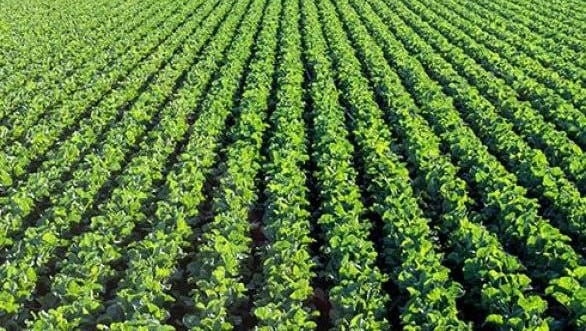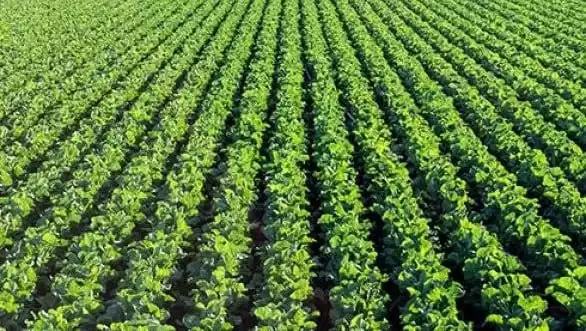

Last updated on September 11th, 2021 at 08:38 am
A Locust Desert Storm
The Horn of Africa, fighting an unprecedented proliferation of locust crop pests for months, is dealing with an exacerbated meals scarcity hazard — with plants of farmers in Turkana county, Kenya, decimated by way of an infestation of wasteland locusts. The unwelcome presence of the barren region locusts is severely impacting their livelihood.
A farmer in Kalemng’orok, Lochom Ekiru, is devastated, “I am desperate, I was waiting for a harvest to feed my household and take the teens to school. Look at how my crops have been destroyed. Everything is gone now.”
Fellow farmer, Joseph Tirkwel, echoes a similar sentiment of distress, “If the locusts had come later when the vegetation have been geared up at least I could have harvested some meals for my family. That would have been extra bearable. Now I don’t comprehend what to do.”
A large manipulate operation to tackle the scenario has been launched via The Food and Agriculture Organisation of the United Nations ( FAO) with some success.
Despite the very real crisis, Tobias Takavarasha, the FAO representative in the region, stays optimistic, “I used to be comfortable to discuss to the farmer, he stated he will not give up. He is a farmer, he is a soldier. He wishes extra equipment, he desires more help for him to continue with the hostilities to battle towards hunger.”
Continued Action
Hundreds of National Youth Service (NYS) volunteers have been trained in surveillance, verification and manage techniques through the FAO As section of the Kenyan government’s action plan, with estimated reports of over 600,000 hectares already contained towards infestation.
New sightings of immature swarms in northwest Kenya have been pronounced by way of the FAO, as of mid-August.
Cool temperatures coupled with local winds have curbed the northwards migration capacity of the locusts’ potential to migrate northwards, leads the agency to count on that the locusts will continue to be in the place till October — with the delivered challenge of a viable resurgence of the desolate tract locusts towards the give up of the year.
(AFP)
US Secretary of State Marco Rubio ordered South African Ambassador Ebrahim Rasool to leave America by March 21 because he…
Early 2025 ends with IPL fever in India and cricket fans receive good news of an international schedule full of…
National teams from Africa advance their World Cup qualification pursuit as they take part in Matchday 5 of the qualifiers.…
Creative Africa Nexus (CANEX) is running the Book Factory Prize for Publishing in Africa again to award $28,000 to African…
Canadian companies have expanded their presence as major African mining stakeholders and invested more than $37 billion. Africa holds the…
The South African government wants people to plant one million trees across the nation within a single day on September…
This website uses cookies.